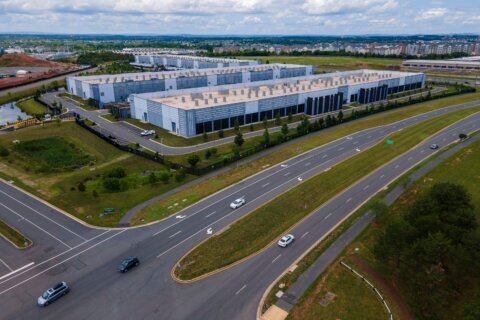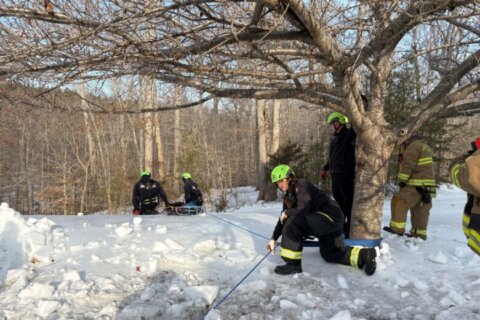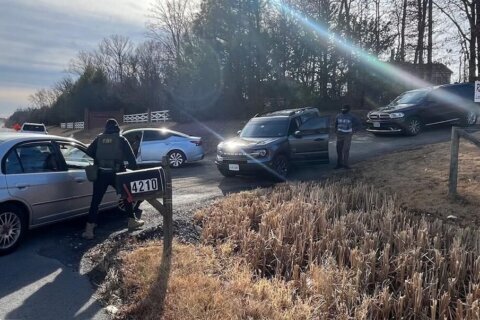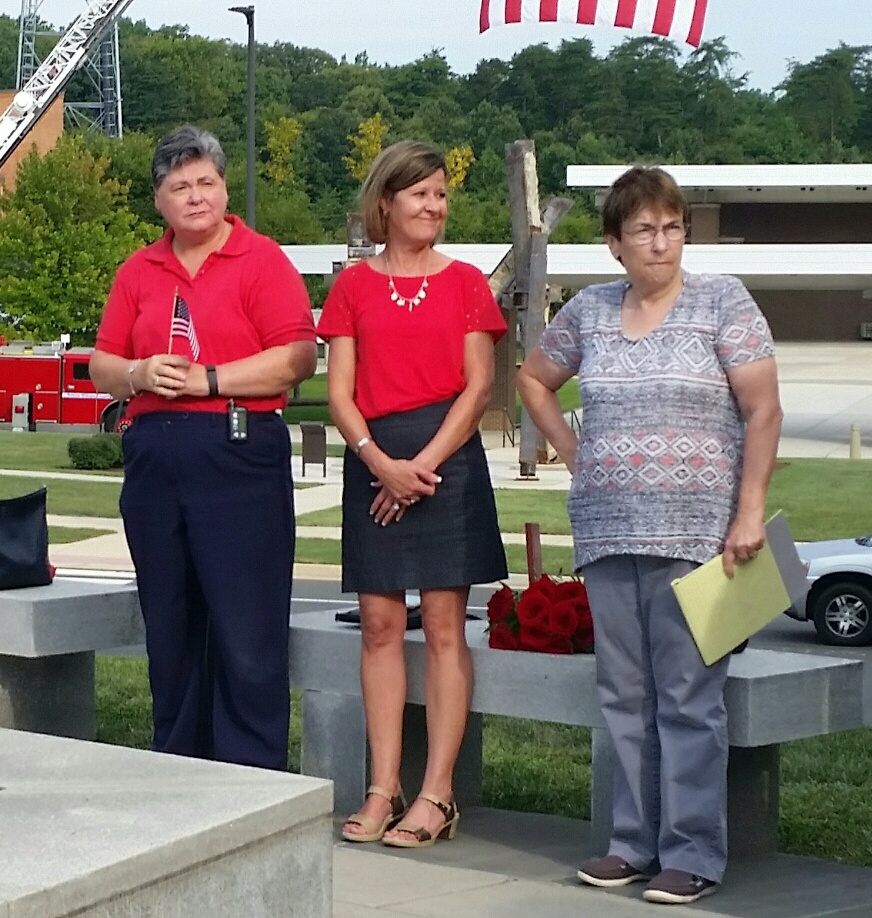
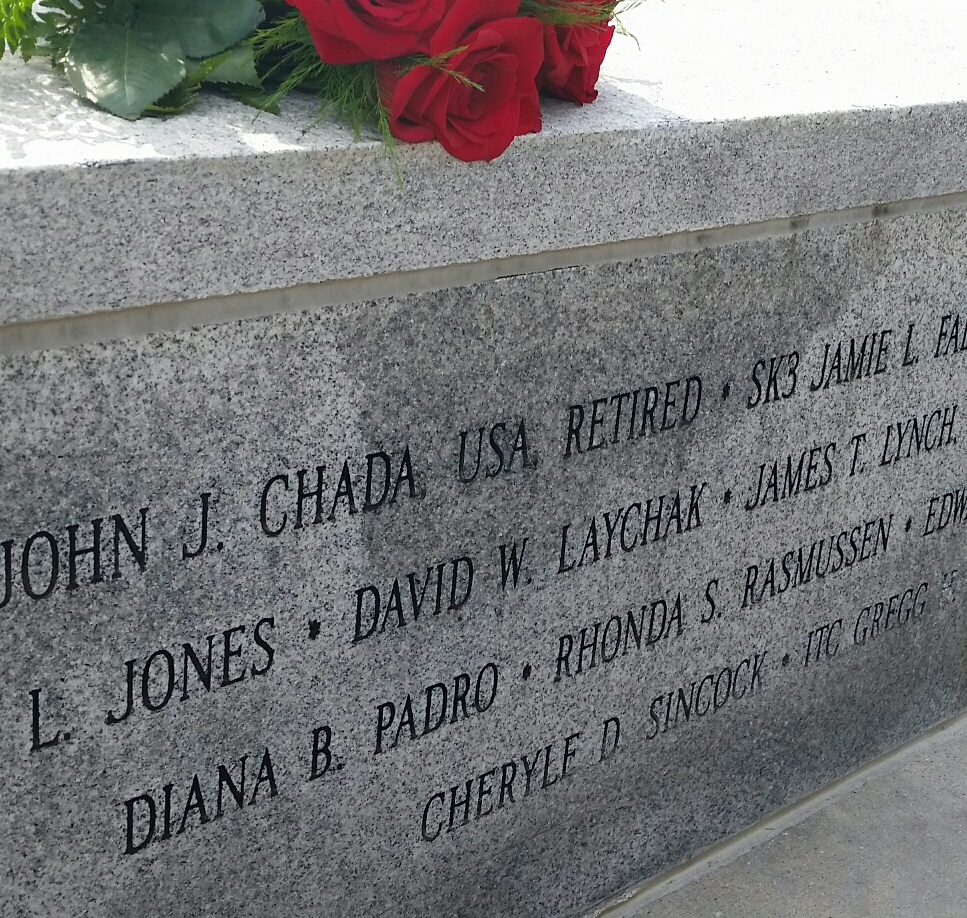

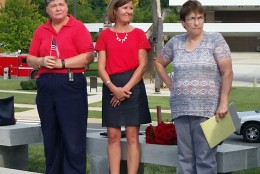
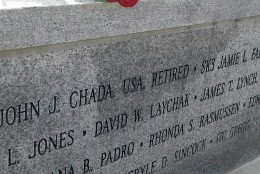
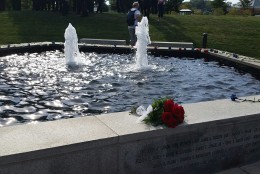
WASHINGTON — “I say the word ‘fifteen,’ and I just can’t comprehend that it’s really been that long,” Laurie Laychak said. The Prince William County resident lost her husband and best friend David Laychak, 40, to the 9/11 terrorist attacks at the Pentagon.
The Pentagon was where the two met when they were in their 20s.
Laychek says she wonders about what life would be like if the terror attacks in 2001 had never happened, and if her husband was still alive to be a father to her now-adult children.
“We feel the pain, we feel Dave’s presence within us every day,” she said.
Their children were 7 and 9 years old when 9/11 happened.
“They were old enough to know what they really lost — so they really know the pain, and they still carry it with them,” she said.
Her children’s pain really adds to her own grief. As a mother, her instinct is to protect her kids, but she knows they have to navigate through the grief on their own, she said.
Since the attacks, Laychek’s passions have changed. She now spends most of her time working for organizations like TAPS (Tragedy Assistant Program for Survivors), and is a docent at the Pentagon 9/11 Memorial.
At TAPS, she works as a peer mentor with military widows. She says she gives them hope, but tries not to deceive them.
“It’s a long and rocky road and you are forever changed. But the intensity of the pain will lessen in time,” she said.
“I help them as they navigate this dark journey. Having been through it, I can show them — kind of hold their hand as they walk through it themselves. And also show them some hope that they’re not always going to feel as low as they do now,” she said.
She says with each passing day, you start adjusting to what people call your “new normal.”
“There’s some truth to that because otherwise we wouldn’t be able to survive,” she said.
She does not like hearing the phrase “time heals,” because “we will never be healed. We are always scarred,” she said.
Laychek did remarry. She says she luckily met a man who was widowed. She is very grateful that he understands what she is going through, since he’s been through it himself.
Fifteen years out, she fears that people are forgetting: “I have a lot of friends who are also widowed from 9/11, and it is a fear that we all share.”
They worry about our country, about our country becoming complacent, “and have another tragedy like this occur.”

